Our next Bridging the Gap Book Nook features Tom Long of the University of Warwick. He discusses his new Oxford University Press book, A Small State's Guide to Influence in World Politics. https://www.youtube.com/watch?v=glKAammexM8


Our next Bridging the Gap Book Nook features Tom Long of the University of Warwick. He discusses his new Oxford University Press book, A Small State's Guide to Influence in World Politics. https://www.youtube.com/watch?v=glKAammexM8

Hilary Matfess is a PhD candidate at Yale University, an incoming professor at the University of Denver’s Korbel School, and a 2020-2021 United States Institute for Peace (USIP) Peace...
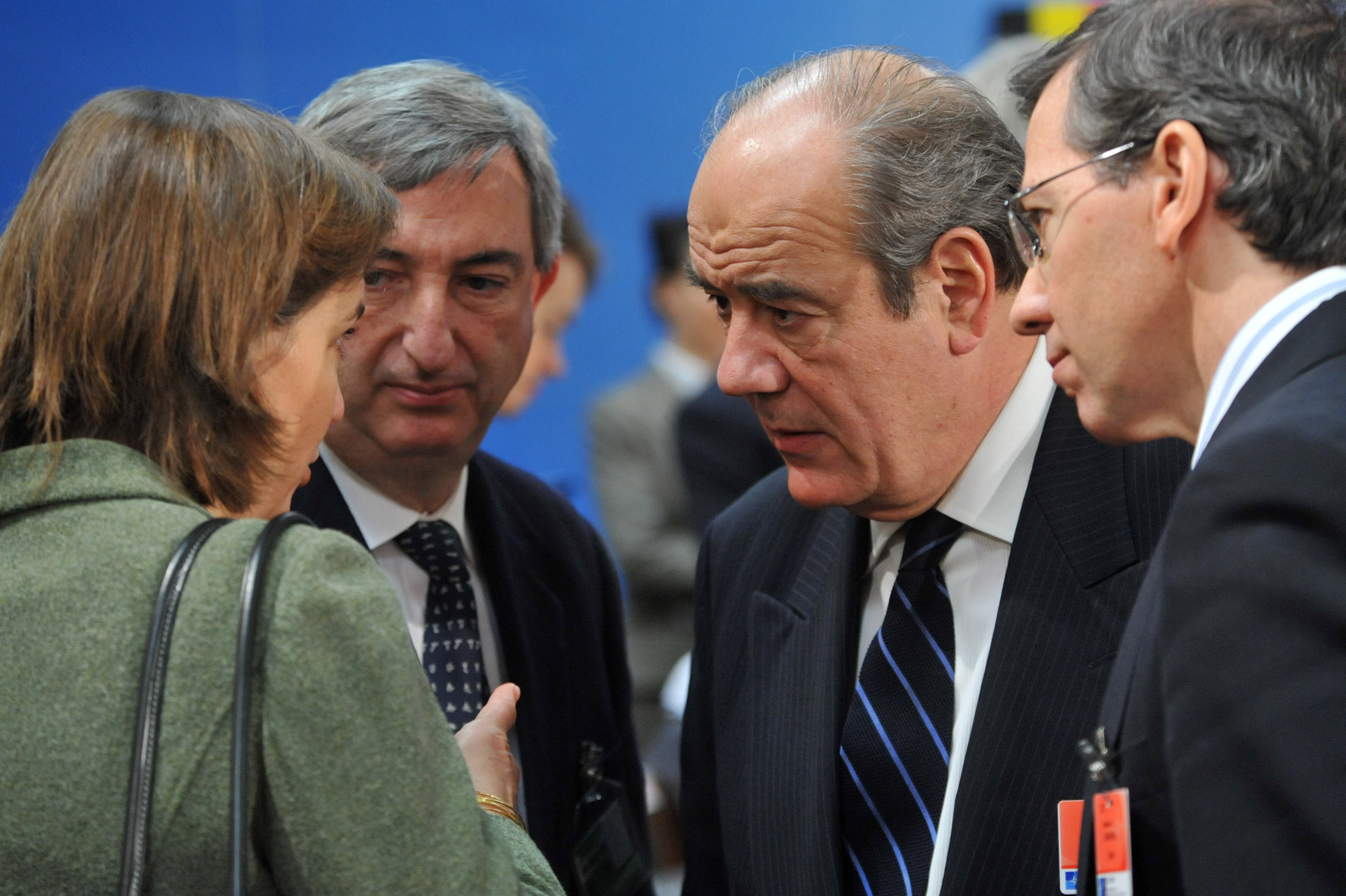
This post was written by Simone Dietrich, Heidi Hardt and Haley J. Swedlund. Simone Dietrich is Associate Professor at the Department of Political Science and International Relations at the...
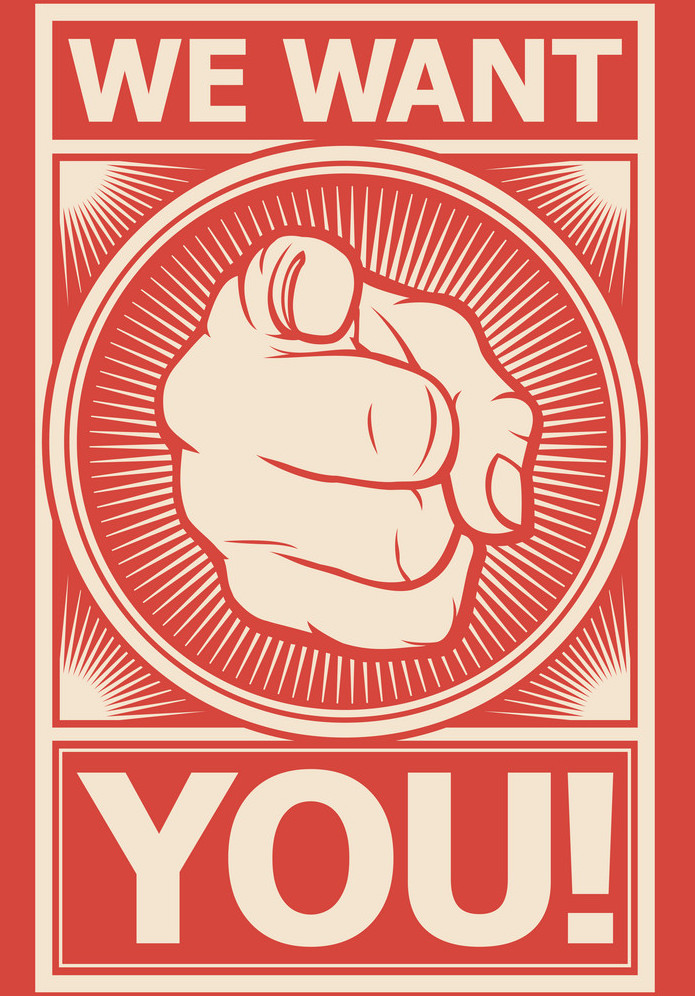
This post from our partners at Bridging the Gap is written by BTG Fellows Danielle Gilbert and Erik Lin-Greenberg, who are now the new editors of the BTG Duck channel, coordinating contributions...
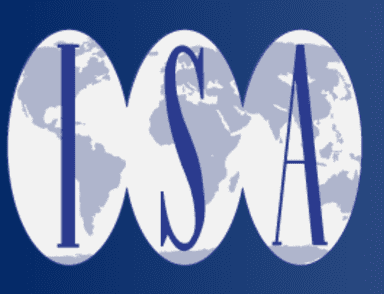
Just returning from an invigorating #ISA2017 where I was inspired by colleagues and new ideas and processing all the stimulating interactions and conversations I had. Last night at the fabulous Global Health Studies section (you should join!) business meeting, one topic of discussion was whether the section should take further action on the U.S. travel ban given that the ISA conferences are to be held in the U.S. or Canada through 2023 and the ban impedes participation by our colleagues from the targeted countries. This year some 170 colleagues did not attend the conference as a result of...
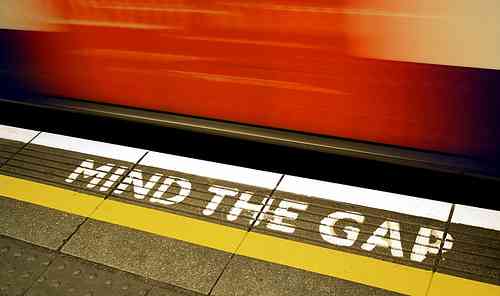
At the recent ISA meeting, I had the good fortune to participate in a roundtable on bridging the policy-academic divide organized by Jim Goldgeier, the Dean of the School of International Service at American University. Fellow panelists included Bruce Jentleson and a powerhouse trio from American University, including Susanna Campbell, Nora Bensahel, and Jordan Tama. All of us in some capacity have participated in the Bridging the Gap project over the years. I wrote my remarks up in a long form but I thought I’d roll them out in a series of six blog posts beginning with this one. I’ll come...
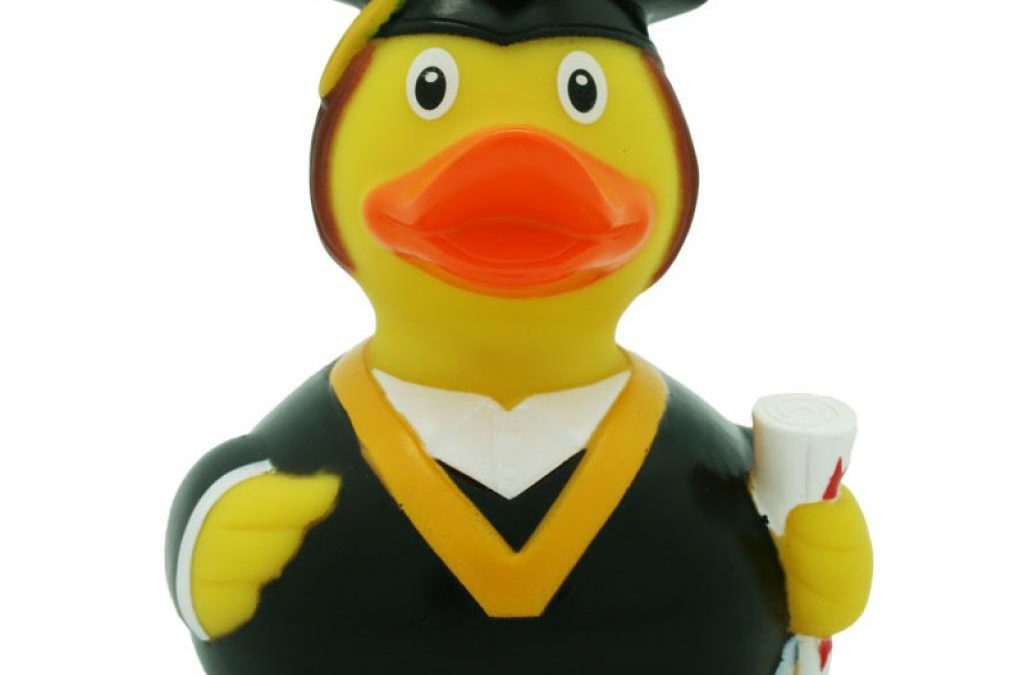
Over on my Facebook feed, there's a good discussion going on about Adam Elkus' "The Problem of Bridging the Gap." Elkus' post amounts to, quite deliberately, a medium-length polemic against "policy relevance." That is, he aims to provoke. For example, Elkus argues that: It judges the value of academic inquiry from the perspective of whether or not it concords with the values, aims, preferences, and policy concerns and goals of a few powerful elites. Why, if anything, do we judge “policy relevance” by whether or not it helps governmentpolicy elites? Surely governmental elites, politicians,...

Yesterday, I had the chance to participate in the Bridging the Gap workshop led by Bruce Jentleson. It is an effort every summer to help younger scholars figure out how to engage the policy world in a variety of ways, including figuring out how to write and publish op-eds, how to get into government for short periods of time (like the Council on Foreign Relations International Affairs Fellowship that changed my career/life), how to engage think tanks and more. I arrived the day before and watched other folks (Michael Horowitz, Emily Goldman, Peter Feaver) talk about their government...

This week, courtesy of my colleague Adam Stulberg and the Center for International Strategy, Technology, and Policy, our department hosted Matthew Kroenig. When I first learned of Kroenig’s visit, my initial thought was that it would be a great opportunity to do (yet another) take on his arguments regarding the possible use of force against Iran. But I think there is little value added to such an exercise. It has been done, not only here on the Duck but in other venues as well. What I think might be a more fruitful way to take advantage of Kroenig’s visit is to think about some of the...
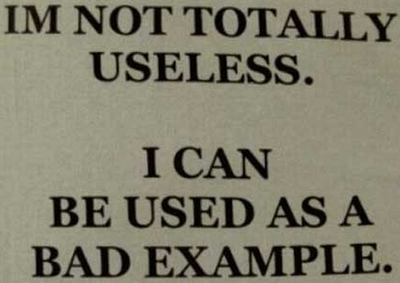
Steve and I had a good Twitter exchange with Tom Ricks about whether or not political science is useless to policymakers, particularly quantitative work and modeling. I thought this exchange was funny because today I saw that Colin Kahl, friend and more importantly, a damn good political scientist, was just appointed as Vice President Biden's National Security Advisor. Ricks' broadside has provoked a few choice blog posts from Steve, Paul Staniland, Tom Pepinsky, and Henry Farrell. (Dan Drezner also had a good one on the topic from 2012). I also thought Ezra Klein's column from a week or so...

Greetings from Toronto. In advance of tonight's OAIS blogging awards gathering at 7:15pm in Sheraton Ballroom C, the Duck non-collective collective got together for a pre-soiree soiree. Folks were in good from. For many of us, it was the first chance for us to ever meet in person. For me, this is a quick trip, as I'm headed back this am after a busy day of panels, the business meeting of the new ISA section on global health, and a lovely dinner sponsored by Bridging the Gap. With a toddler at home and a busy spring of travel, this Duck is needed to tag team on the toddler front before my...

[Note: This is a guest post by Bruce Jentleson from Duke University. It is the first in a four-part forum on teaching US Foreign Policy.] Six Concepts in Teaching American Foreign Policy by Bruce Jentleson As the Cold War went on, among scholars and teachers of American foreign policy there was some settling in to a sense that we knew the questions – containment? nuclear deterrence? Bretton Woods stability? ---- and were mostly debating the answers. Since the end of the Cold War there’s been renewed debate over what the questions themselves are. While this bears broadly on IR, it has been...